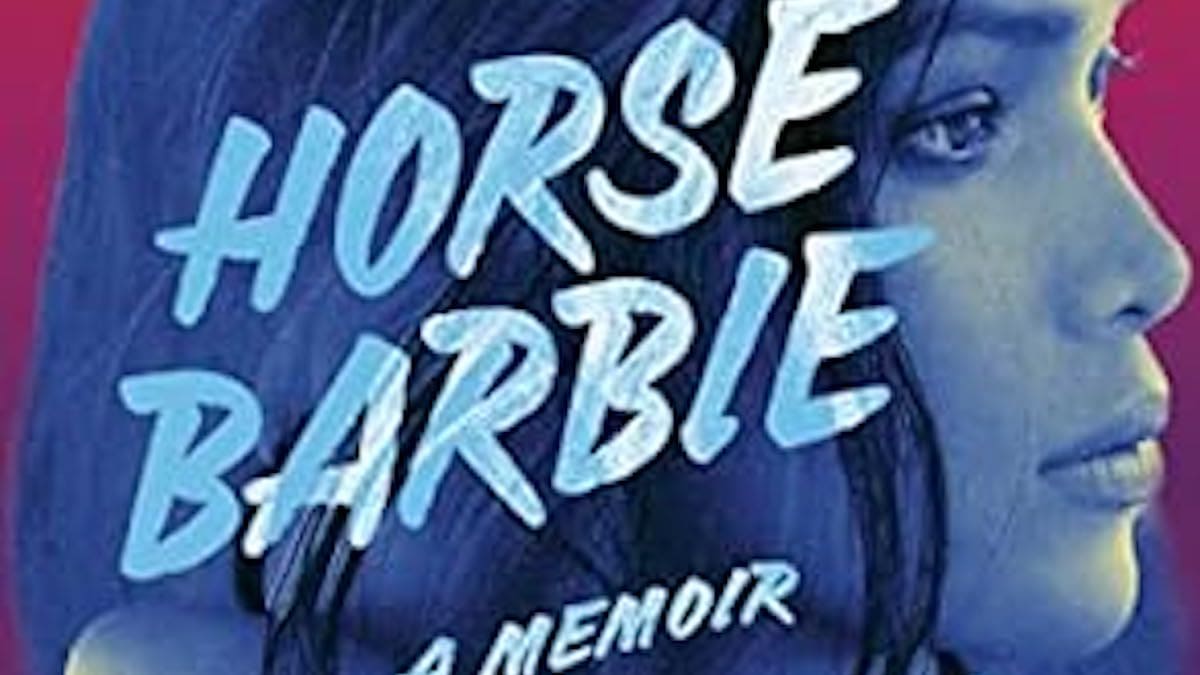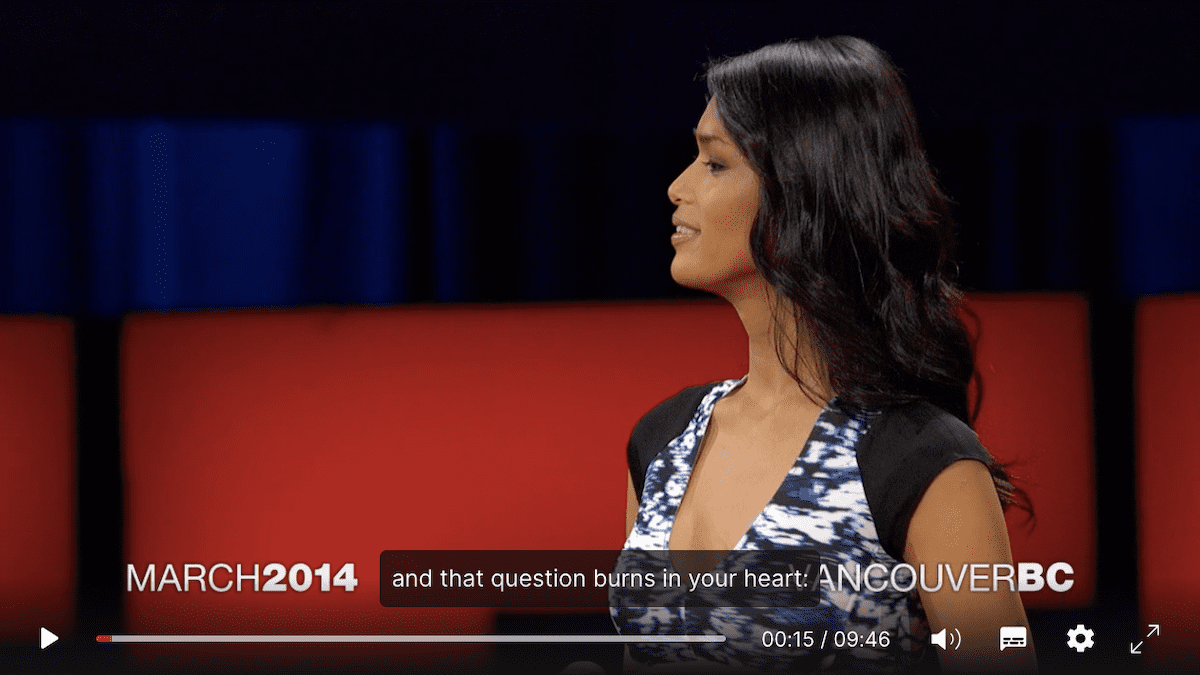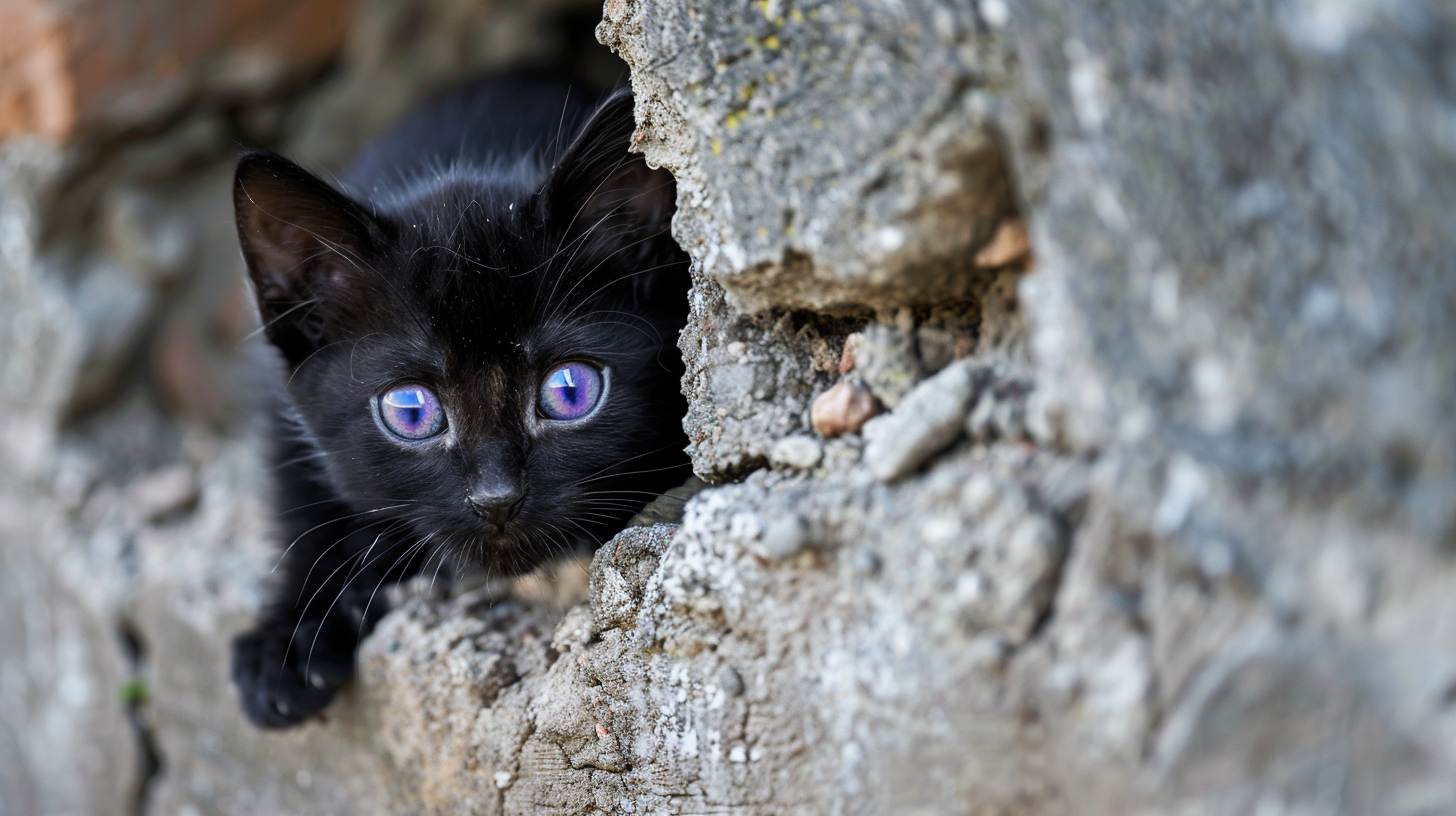Geena Rocero's TED Talk Reveal
'Our spirits will always expand to fill whatever space we are given,' she says. She found her own face in the mirror, her own presence, emerging from nothingness.

In her memoir Horse Barbie, published earlier this year, model Geena Rocero tells us: “We are all of us works in progress, every draft of ourselves that has ever been written and all the versions of ourselves that haven’t been sketched out yet.” This means: “I am chapters that are still unwritten, and so are you.”
A Girl Before She Knew the Word 'Trans'
Rocero grew up in Manila, the capital of the Philippines. As a child, on the playground, she and her friends would “snack on green mango with shrimp paste or saba bananas with caramelized sugar in ice, taking turns on the swing between bites.”
She was bullied for being feminine; she was supposed to be a boy. One day, when she was five, pulling her shirt over her head, she looked at her face in the mirror, and “there was a presence in it. It was speaking to me out of nothingness.” She paused, seeing how the shirt “moved like actual real long hair would.” She said to herself: “I’m a girl.” She told her mother, referring to the shirt: “Mama, this is my hair! I’m a girl!”
She began taking over-the-counter birth control pills to grow breasts, and she began performing in beauty pageants at age 15. Her father said: “There is nothing wrong with you.” She reflects now:
“Maybe he accepted my transness because he knew what it was like to have deep-seated emotions that he felt like he couldn’t express. Maybe he saw a gentleness in me that he wished he could embrace in himself. Maybe his hypermasculinity felt like a weight on his back—one he needed to release when it became too heavy to carry.”
Her mother congratulated her: “Hey, my little baby is now a lady. You look so beautiful.”
Geena didn’t yet know the word “trans.”
'Horse Barbie' in the Philippines
Although the Philippines is “a conservative Catholic country,” nonetheless “we embrace spectacle and theatricality with open arms.” Manila had been holding Miss Gay pageants since the 1970s. “Transness was hypervisible there,” she writes, and the media representation was often positive.
Most pageant performers bleached their skin. The cultural preference for white skin was a result of Spanish colonization: “They stole our land and then mocked our dark-skinned indigenous ancestors. We were a Spanish colony for 333 years, only to be bought by the United States for $20 million after the Spanish-American War in 1898.” Rocero tried bleaching powder briefly but stopped, deciding she would instead “embrace my difference.”
The country was still “trying to erase its own heritage, suppressing knowledge of my gender-fluid ancestors, and trying to keep trans people locked into rigid boxes for their entire lives.” Furthermore, although “bakla” is a term with “important and complex indigenous history,” people had shouted this word at her to insult her, so she personally came to prefer the word “transgender.”
Like any model, she “wanted to be on billboards and in magazines,” and, she says, “I think more than anything, I wanted to be seen.” Which is not to say she didn’t also sometimes enjoy the “anonymity” of being “barefaced” and wearing “a loose shirt, jeans, and a pair of Converse,” being “totally unrecognizable to my fans.”
In the Philippines, transgender women “are culturally visible but legally erased. To this day, trans Filipinas have M gender markers on their documents and cannot change their names in court. We don’t have robust antidiscrimination protections,” she says. Furthermore, relatively few endocrinologists provide hormones.
She was given the name Horse Barbie by her mentor, Tigerlily, who was “our own horse goddess” (resembling the one in the film Petrang Kabayo). The name evoked
“that special aura I emanated while gliding onstage, a mythical spirit possessed only by me. There were so many ways in which I looked like Barbie, that enduring American symbol of beauty, from my long legs to my statuesque physique, but I also celebrated my obvious differences, like my dark hair and protruding lips. The name Horse Barbie held all of that; if anything, its inherent internal tension made me feel even more iconic. I hadn’t just grown up to be one of my sister’s dolls; I was something more — a unique hybrid being who could straddle multiple worlds, unclassifiable and unique.
Fittingly, we were also fond of the Tikbalang, a half-human, half-horse creature in Philippine mythology. According to our legends, Tikbalangs live in the forest and play tricks on travelers, leading them astray. Is it any surprise that our ragtag group of queens embraced their mischievous energy? Our clan’s whole identity was wrapped up in queer horsey magic."
Geena in New York
After a years-long wait, her mother in California succeeded in getting her a green card to the US. When it came through, Rocero at first didn’t want to go, because, “according to Mama, there were no trans pageants in America.” But her mother told her she'd find something better: “If you move to America, you can be legally recognized as a woman in your documents.” (This was true in California, anyway.)
In 2001, she flew to California. She believed she’d have to get surgery before her gender marker could be changed, but when she applied to change her name to Geena, the clerk just went ahead and—well, anyway, there was the F.
One day, when she was 18, “I realized I must have been wa buking — unclockable…in America, being wa buking was a superpower.” In American culture, it's a matter of consequence whether someone is noticeably transgender. TV shows of that time, like Jerry Springer and Maury Povich, portrayed trans women as “gross, unattractive fakers.” A trans person who passes under the radar avoids that stigma.
“I might have been out and proud in Asia," Rocero recalls, "but here in America, I had to be in the closet." She found that trans people in the US worked modest jobs and were “thrown away the second we asked to be seen. I was a dirty little secret, desired but ultimately disposable.”
Safety in invisibility
After surgery in Bangkok, in her early 20s, she moved to New York to become a model. It was 2005, before social media. She “could live a dual existence, famous overseas and a nobody in New York.”
She was aware of history: “In 1981 Tula was publicly outed in a British tabloid under the headline JAMES BOND GIRL WAS A BOY. The ensuing uproar—outrage, disgust, contempt—drove her to the brink of suicide.” So she knew: “If I valued my career, my safety, and my family’s privacy, I had to avoid Tula’s fate.” She worried that if her bosses learned she was transgender, “they would say I had fooled them—that I owed them their money back” for all the work she’d done.
Yet they couldn’t tell. She modeled underwear, she had sex with men, and they had no idea.
Wanting to be herself in the world
She wasn't satisfied being quite this undercover.
To begin with, she wanted her modeling to be artistic. She explains: “I longed for the Horse Barbie spirit to show up in my pictures—to move with the kind of mighty gait that meant no one could tell me shit.”
She tried to overcome her internalized transphobia, what she called “the ‘trans talk’ inside my head.” Perhaps one part of this, or related to it, was reconsidering the colorist assumptions with which she'd grown up. One day, she entered a tanning booth, “letting my body be darkened…I was shedding generations of toxic beliefs. It was an ultraviolet rebirth.”
She also wanted to have meaningful relationships. She wanted to show one man in particular “the entirety of my personhood.” Though she didn't feel it was her “duty” to tell him, she wanted to “share” this information.
Trans in Public
In 2014, Rocero came out publicly in a TED talk.

“I would be called a ‘trans model’ in headlines—maybe for the rest of my life.” That was OK with her, because “I didn’t see the word trans as a qualifier or disclaimer anymore; I saw transness as power.”
Furthermore, she tells us, “trans joy” means that “people can try to narrow the possibilities for our lives, even end them, but our spirits will always expand to fill whatever space we are given. We will find the power in us.”
We will have ourselves and each other:
“…there is healing to be found in searching for joy, in processing your resentment for a world that rejects you, in accepting that all of being alive—the good, the bad, and the hateful—is part of a journey you don’t get to do over. It will be difficult. It will be sad. I have the scars to prove it. But we will have one another—and you will have you.”
Find Horse Barbie as an ebook on Kobo or a hardcover on Bookshop.


